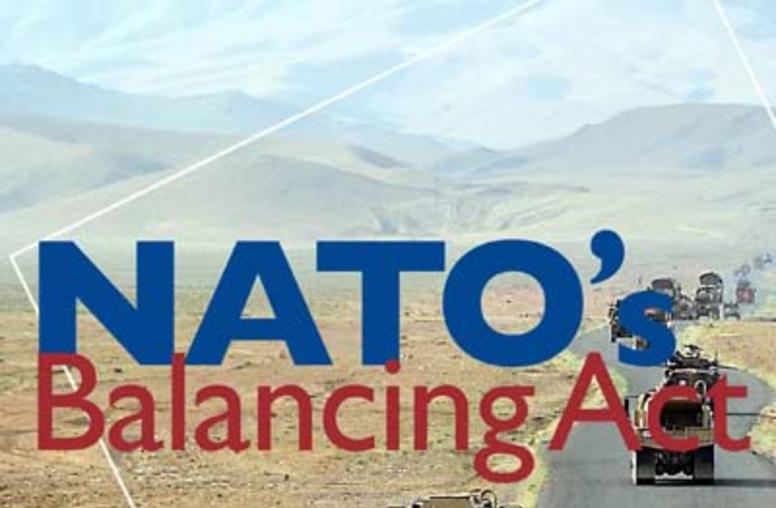Private Peacemaking: USIP-Assisted Peacemaking Projects of Nonprofit Organizations
Peaceworks No. 20
The peacemaking activities described here have been targeted on conflicts in East Timor, the Middle East, Georgia and South Ossetia, the Transcaucasus, Sri Lanka, Northern Ireland, Algeria, Kosovo, and Bosnia. These projects have generally been pathbreaking in that new techniques and approaches to peacemaking have been employed. Several have generated valuable experiences with wide application, dramatically demonstrating how effective private organizations can be in promoting peace

These projects have generally been pathbreaking in that new techniques and approaches to peacemaking have been employed. Several have generated valuable experiences with wide application, dramatically demonstrating how effective private organizations can be in promoting peace. Both their successes and the obstacles they have encountered are broadly instructive.
What makes this publication particularly timely is the fact that private peacemaking has assumed much greater importance in the post–Cold War era. The central role of unofficial peacemakers in bringing about the Oslo Accords and peace in Mozambique illustrates how effective some private initiatives can be. But the many failed efforts are equally valuable in pointing up the complexity of all kinds of peacemaking and of private peacemaking in particular.



